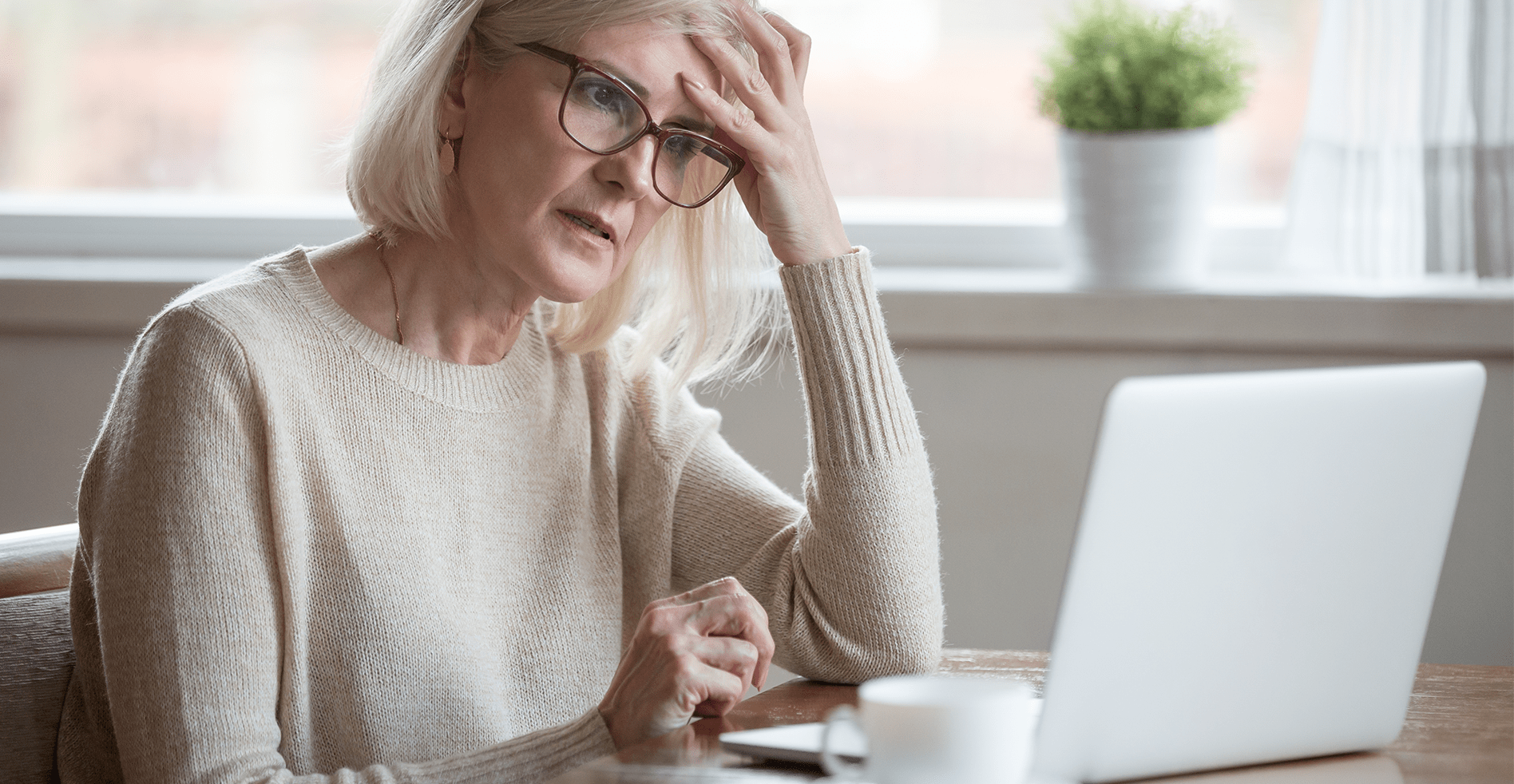How to Choose the Best Antivirus Software
Simplify your search for an antivirus software with this guide.
read morePublished on: June 25th, 2013

It seems to be a fact– the world has never been more digitally connected and less physically connected. Our daily lives are saturated with digital devices including mobile phones, tablets, in-car DVDs, headsets, GPS, touch screens at the supermarket, airport and hospital, gaming consoles, and entertainment screens at the gas pump. The list seems endless. A recent survey revealed that one third of Americans interviewed indicated that they prefer texting to talking and 84% say they absolutely cannot function for more than one day without their smartphone. Just think of that YouTube video showing a person falling into a fountain while checking FaceBook or the commercial that depicts a bride walking down the aisle while texting. There are even apps that block your on-line usage when you simply can’t disconnect yourself. It’s funny– to a degree.
For some people, it’s all about Social Media, podcasts, music and news and for others it’s about the ability to work increasingly longer hours. Today’s tablets and smartphones have created a situation where everyone should be on, available and entertained 24/7. Our constant dependence on technology has reached a point that for some users it’s clearly an unhealthy obsession. For others, the continuous technology overload becomes draining both mentally and physically. Whatever the situation, the ability to periodically unplug is important for your health, creativity and relationships.
Assuming you don’t feel the need to undergo a professional “digital detox”, spend top dollar at anti-digital spa resort or use an app that shuts off your digital access,
Does your morning routine consist of waking up, checking your phone and then getting out of bed? Start your day before you start your phone. Enjoy some time to yourself before opening your brain to the interruptions of the outside world. This is especially important if you have breakfast with other family members. Checking your email can help you to plan your day, but see if you can fit in a shower and a coffee before switching to thoughts of your schedule.

If your phone is also your morning alarm clock, turn on Do Not Disturb or Airplane Mode before you go to sleep. This will turn off your data connection and mobile phone signal, preventing late night social media notifications and wrong number calls. If you must be available to take phone calls after business hours, turn off just your mobile data connection and your Wi-Fi. If you are having a day off and still want internet access, just turn off the connection to your work email account, so you’re not tempted to check that new message beep.
It may be too difficult to go one entire day without your phone, especially a working day, but do you really need it in your hand every minute? When you have a mental break and step away from your computer, leave your phone at your desk too. Tell your colleagues that you’ll be back in ten minutes and go for a walk without your electronic device. Calls can all be returned when you’re back at your desk.
Create an amnesty box in each meeting room for phones & tablets to be deposited into at the start of a meeting. Talk to one another and write any main points or action items on a whiteboard. At the end of the meeting, you can grab your phone and enter any new tasks or take a photo of the entire whiteboard. This prevents people from becoming distracted by social media and applications. Adopt this box at home too and include everyone’s iPods/MP3 players when some technology-free time is needed, especially at mealtimes.
Set some time schedules for ignoring the internet. This could include “no technology before 8 AM or after 8 PM” or “no phones for one hour after getting home.” Resist the temptation to check work emails before going to bed. Work-related anxiety might interrupt your sleep. If you need to stay available, place your phone on a shelf or in a nearby room with the volume set loud enough for you to not miss any important calls.
To truly enjoy your vacation or holiday, stop checking your e-mail. Even if you empty your in-box, it’s probably filled up again by the next morning. Constantly checking messages keeps you on the “hamster wheel” of anxiety. Let it go – the e-mails will be waiting for you when you return from the holiday.
The best way to forget about your “digital ball and chain” is get outdoors and exercise. Getting out into nature is the best way to digitally disconnect, wipe your slate clean and re-charge. Go hiking in a location where there’s no cell service so you won’t be tempted. Go swimming. Spend uninterrupted time with your family and friends. Walk the dog. Visit the museum where you must turn-off your phone.
After taking a digital vacation, maybe you would like to consider new solutions for mobility and flexibility. Perhaps it’s time to find a better way to manage your e-mail. Contact your local Computer Troubleshooters about connection settings, e-mail options, apps on your phone or for any of your technology needs.
Simplify your search for an antivirus software with this guide.
read moreHave you received this notorious Windows error screen? Here’s how to fix it.
read more© 2025 Computer Troubleshooters. Privacy Policy | Terms of Service | Accessibility Statement